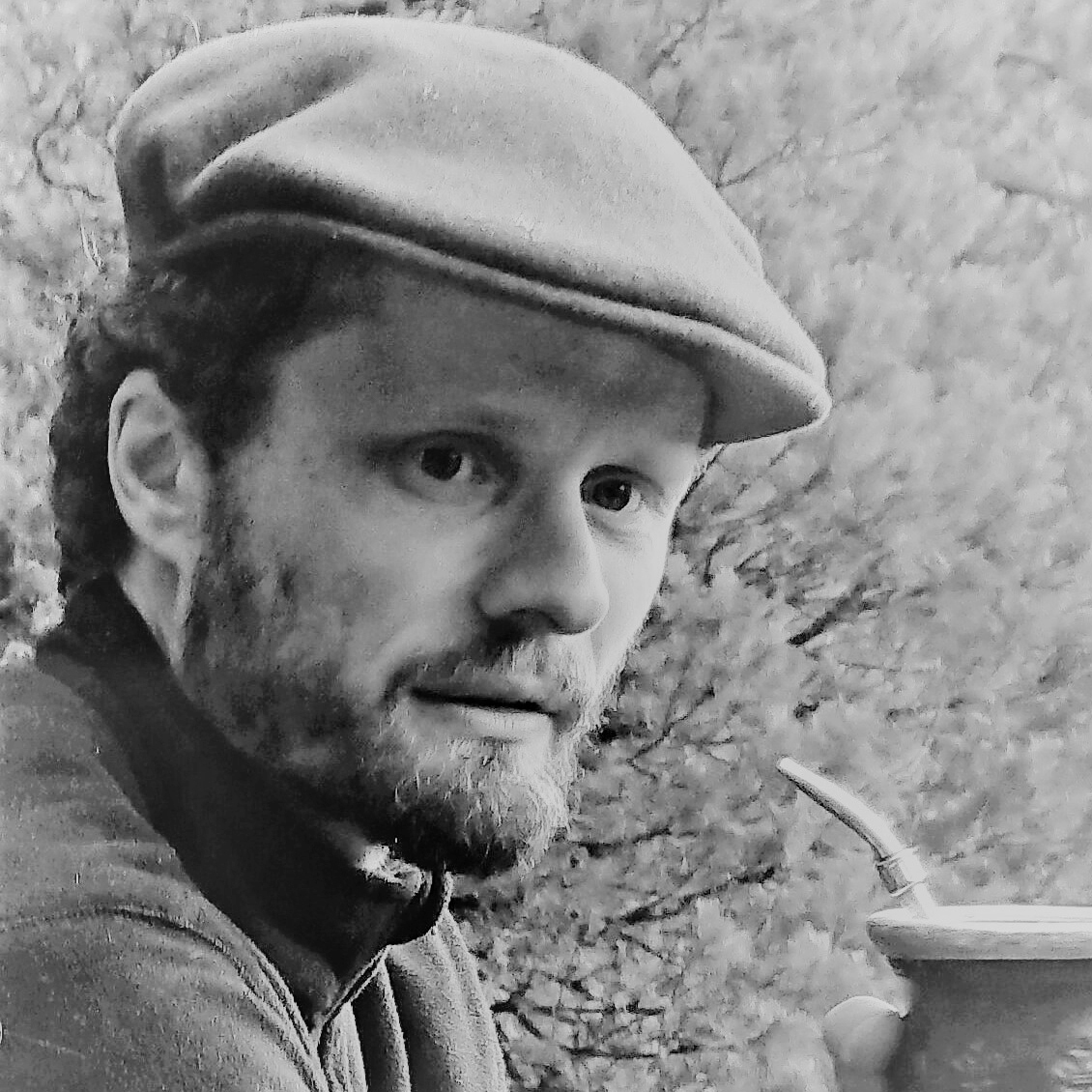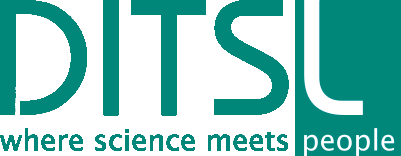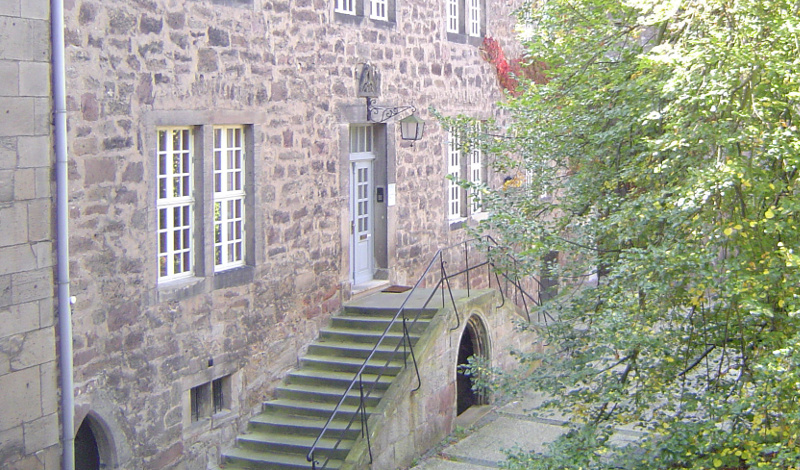 |
Associate Research Fellow & Consultant Email: This email address is being protected from spambots. You need JavaScript enabled to view it. |
| Training | Markus Frank studied organic agricultural science at the University of Kassel (B.Sc. - 2012) and sustainable international agriculture at the Universities of Göttingen and Kassel (M.Sc. - 2015). He holds a doctoral degree in agricultural sciences from the University of Hohenheim (Dr. sc. agr. - 2023). |
| Career | Before starting his academic career, Markus gathered long-term working experience in practical organic agriculture and agricultural rural development projects in Germany and abroad (Argentina, India, Bolivia). Between 2009 and 2015 he was involved in international research activities, and academic project management at DITSL. From 2015 to 2019 he was scientific staff member at the Department of Agricultural Engineering of the University of Kassel and coordinated the Volkswagen Foundation project 'Postdoctoral fellowships for African researchers in the engineering sciences'. Between 2018 and 2023, he conducted his doctoral research at DITSL, holding a scholarship granted by ‘Studienstiftung des deutschen Volkes’, and including long-term visiting-research stays at the National University of Rio Negro (UNRN) in Argentina. Currently, Markus lectures in the study program Agroecology at UNRN and holds a post-doc position at the Research Institute for Natural Resources, Agroecology and Rural Development (IRNAD) at UNRN, funded by the National Scientific and Technical Research Council (CONICET). |
| Research |
Based on his practical and academic training in organic agriculture and agroecology in different parts of the world, Markus’ main research interests are in innovation systems and agroecological transitions at different levels, approaches proposed to guide sustainability transformations in agri-food systems. Using a socio-ecological perspective, his research contributes to the development of methods for transdisciplinary research and participatory action in agroecology. Such methods guide the formation of collaborative working relationships between researchers and relevant agri-food actors for the integration of knowledge and perspectives, and for the co-creation and implementation of solutions relevant to practice. Central questions guiding his research are how such multi-stakeholder processes facilitate collaborative learning, the stakeholders’ capacity to innovate and finally their increased potential for developing, implementing and scaling new social and technological practices. In his transdisciplinary doctoral research, he co-developed transition pathways towards agroecological farming and food systems with local farming and food actors in a case study in Northern Patagonia, Argentina. Recent publications: (Traducción al Español de la versión acceptada para publicación) |
| Experience abroad |
Markus Frank has long-term experience in India, Bolivia, Argentina, and short-term experience in Kenya, Malawi and Zambia. |


